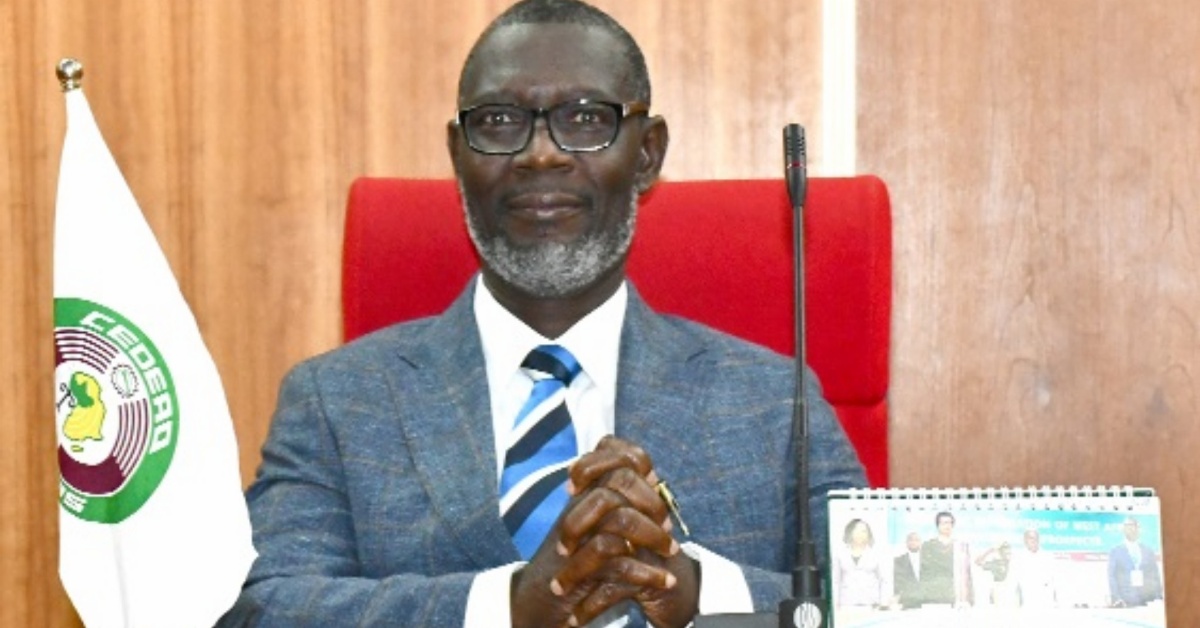On May 9, 2023, Justice Edward Amoaka Asante dismissed a case filed by Attipoe Kuaku and 11 others against the Republic of Sierra Leone regarding the violation of the right to a fair trial and the right to life.
The judge of the ECOWAS Court concluded that the applicants failed to establish their eligibility to bring the action under Article 10(d) of the Court’s Protocol. Consequently, the application was deemed inadmissible and dismissed.
The Court referred to Article 10(d) and its requirements for admissibility, which include: (i) the applicant being a prima facie victim of the alleged violation, (ii) non-anonymity of the applicant, and (iii) non-pendency of the application before another international court.
The Court cited a previous case, AZIAGBEDE KOKOU & OTHERS v REPUBLIC OF TOGO [2013] CCJELR 167, paragraph 18, as a reference.
Regarding the admissibility requirements, the Court specifically examined the necessity of victim status or standing.
This means that the applicant must have a legal right or other protectable interest that has been negatively affected by the state’s actions.
The Court referred to the case AMNESTY INTERNATIONAL TOGO AND OTHERS v THE TOGOLESE REPUBLIC ECW/ CCJ/JUD/09/20, paragraphs 31-33, to support this point.
However, the Court acknowledged that the requirement of victim status is interpreted liberally in international human rights law and the practice of various human rights bodies.
In addition to direct victims who are personally and directly affected by the alleged human rights violation, indirect victims may also be allowed to bring claims, especially when direct victims are deceased or unable to do so for other reasons.
Justice Asante explained that indirect victims may include immediate family members or dependents of the direct victims.
However, applicants who are indirect victims must provide evidence of their familial or close relationship to the direct victim(s).
Nevertheless, the Court observed that in this particular case, the applicants claimed to be family members or close relations to the victims of the helicopter crash, but no supporting evidence was presented to substantiate these claims.
The Court emphasized that the applicants did not provide any marriage certificates, birth or adoption certificates, testamentary documents, affidavits, or statutory declarations to establish their relationships with the crash victims.
Therefore, their statuses as indirect victims for the purpose of admissibility could not be verified.
“In the absence of such evidence, the Court cannot accept the applicants’ claims at face value. Consequently, the Court is obligated to declare the application inadmissible due to the applicants’ failure to provide any evidence proving their indirect victim statuses.Therefore, the case is dismissed as inadmissible,” ruled Justice Asante.




 Post a comment
Post a comment









